Java 17 Masterclass: Start Coding in 2024
Loại khoá học: Other IT & Software
Learn Java In This Course And Become a Computer Programmer. Obtain valuable Core Java Skills And Java Certification
Mô tả
The course updates keep coming. 2023 has seen several major updates to this course, with more on the way.
This course has been constantly updated since it originally came out in 2016. All updates are included free. Buy the course once and get all future updates free.
You’ve just stumbled upon the most complete, in-depth Java programming course online. With over 795,000 students enrolled and over one hundred and eighty-five thousand reviews (with tens of thousands of those 5-star) to date, these comprehensive java tutorials cover everything you’ll ever need.
Whether you want to:
- build the skills you need to get your first Java programming job
- move to a more senior software developer position
- pass the oracle java certification exam
- or just learn java to be able to create your own java apps (desktop or web based) quickly.
This complete Java Masterclass is the course you need to do all of this, and more.
Why would you choose to learn Java?
The reality is that there is a lot of computer languages out there. It's in the hundreds. Why would you choose the Java language?
The number one reason is its popularity. According to many official websites that track the popularity of languages, Java is in the top 3 most popular languages worldwide in 2023. Popularity means more companies and their staff are using it, so there are more career opportunities available for you if you are skilled in the language.
The last thing you want to do is pick a language that is not in mainstream use. Java came out in the 1990s and is still very popular today and continually updated by the owners, Oracle, over 30 years later.
Are you aiming to get your first Java Programming job but struggling to find out what skills employers want and which course will give you those skills?
This course is designed to give you the Java skills you need to get a job as a Java developer. By the end of the course, you will understand Java extremely well and be able to build your own Java apps and be productive as a software developer.
Lots of students have been successful in getting their first job or promotion after going through the course.
Here is just one example of a student who lost her job and despite having never coded in her life previously, got a full-time software developer position in just a few months after starting this course. She didn't even complete the course!
Three months ago I lost my job, came to a turning point in my life, and finally made the drastic decision to completely change course. I decided to switch career paths and go into coding. My husband found and gave me your Complete Java Masterclass at Udemy as a gift, and I wholeheartedly dove into it as a lifeline. Following your course has been absolutely enjoyable (still working on it, not yet finished), and has been a great way of keeping on course, dedicated and motivated. Yesterday, three months after starting the course, and honestly to my surprise, I received (and accepted!) a job offer as a full-time developer. I wanted to just drop you a line to say thank you for doing this work, for being such a dedicated teacher, and for putting all this knowledge available out there in such an approachable way. It has, literally, been life-changing. With gratitude, Laura
The course is a whopping 100+ hours long. Perhaps you have looked at the size of the course and are feeling a little overwhelmed at the prospect of finding time to complete it. Maybe you are wondering if you need to go through it all?
Firstly, Laura’s story above shows that you do not have to complete the entire course - she was yet to complete the course when she accepted her developer job offer.
Secondly, the course is designed as a one-stop shop for Java.
The core java material you need to learn java development is covered in the first seven sections (around 14 hours in total). The Java Basics are covered in those sections. The rest of the course covers intermediate, advanced, and optional material you do not technically need to go through.
For example section 13 is a whopping 10 hours just by itself and is aimed at those students who want to build desktop applications with graphical user interfaces. JavaFX (which is the technology used in this section) is something that most java developers will rarely or never need to work on. So, you could skip that section entirely. But if you are one of the few that need to build user interfaces, then the content is there and ready for you. And there are other sections you can completely avoid if you wish.
If you want to know absolutely everything about Java, then you can go through the entire course if you wish, but it's not necessary to do so if you are just looking to learn the essential information to get a java developer position.
What version of Java should you learn?
Generally speaking, you would want to learn the very latest version of a computer programming language, but that's not the case with Java.
Oracle, the owner of Java, release many versions of Java. Some are released and expire in six months, with no future updates or support. Other versions have long-term support, for many years.
You can probably see why learning a version of Java that has expired makes no sense and is likely a waste of time.
A company using Java technology (big or small) is not going to use a version of Java that has no updates or support. They will stick to stable, well-supported versions of Java that get updates.
Right now, in August 2023, the version of Java that offers this long-term support (LTS) is Java 17 - It's being fully supported until at least 2029 and likely will be extended from there.
As such, you want to learn the version of Java that your future employer will use, and that's Java 17.
The course will also be updated in the future as new LTS versions are announced by Oracle. N.B. Java 21 is the next LTS version, and this course will be updated to that in the future.
BOTTOM LINE: You will learn the RIGHT VERSION of JAVA in this course! Right meaning the right version to maximize your future Java potential with clients or Employers.
Will this course give me core java skills?
Yes, it will. Core Java is the fundamental part of the Java JDK (the java development kit) that programmers need to learn to move onto other more advanced technologies.
Why should you take this course?
It's been a best-seller since its release on Udemy, you would be joining over 795,000 students who are already enrolled in the course.
There are well over 185,000 reviews left by students. It's rated as the best course to learn Java for beginners.
What makes this course a bestseller?
Like you, thousands of others were frustrated and fed up with fragmented YouTube tutorials or incomplete or outdated courses which assume you already know a bunch of stuff, as well as thick, college-like textbooks able to send even the most caffeine-fuelled coder to sleep.
Like you, they were tired of low-quality lessons, poorly explained topics, and confusing info presented in the wrong way. That’s why so many find success in this complete Java developer course. It’s designed with simplicity and seamless progression in mind through its content.
This course assumes no previous coding experience and takes you from absolute beginner core concepts, like showing you the free tools you need to download and install, to writing your very first Java program. You will learn the core java skills you need to become employable in around 14 hours, and if you choose to, can take advantage of all the additional content in the course. It's a one-stop shop to learn java. If you want to go beyond the core content, you can do so at any time.
Here’s just some of what you’ll learn.
(It’s okay if you don’t understand all this yet, you will in the course)
· All the essential Java keywords, operators, statements, and expressions needed to fully understand exactly what you’re coding and why - making programming easy to grasp and less frustrating.
· You will learn the answers to questions like What is a Java class, what is polymorphism and inheritance and to apply them to your java apps.
· How to safely download and install all necessary coding tools with less time and no frustrating installations or setups.
· Complete chapters on object-oriented programming and many aspects of the Java API (the protocols and tools for building applications) so you can code for all platforms and derestrict your program’s user base (and potential sales)
· How to develop powerful Java applications using one of the most powerful Integrated Development Environments on the market, IntelliJ IDEA! - Meaning you can code functional programs easier. IntelliJ has both a FREE and PAID version, and you can use either in this course.
(Don’t worry if you’re used to using Eclipse, NetBeans, or some other IDE. You’re free to use any IDE and still get the most out of this course)
· Learn Java to a sufficient level to be a be to transition to core Java technologies like Android development, the Spring framework, Java EE (Enterprise edition) in general as well as and other technologies. To progress to these technologies, you need to first learn core Java - the fundamental building blocks. That's what this course will help you to achieve.
AP-what?
Don't worry if none of that made sense. I go into detail explaining each and every core concept, programming term, and buzzwords you need to create your own Java programs.
This truly is Java for complete beginners.
By the end of this comprehensive course, you’ll master Java programming no matter what level of experience you’re at right now. You’ll understand what you are doing, and why you are doing it. This isn’t a recipe book, you’ll use your own creativity to make unique, intuitive programs.
Not only do these HD videos show you how to become a programmer in detail, but this course includes a unique challenge feature. Each time a core concept is taught, a video presents a challenge for you to help you understand what you have just learned in a real-world scenario.
You’ll go and complete the challenge on your own, then come back and see the answers which I then explain in detail in a video, allowing you to check your results and identify any areas you need to go back and work on.
This is a proven way to help you understand Java faster and ensure you reach your goal of becoming a Java Developer in record time. Remember doing those old past exam papers in high school or college? It’s the same concept, and it works.
As your instructor, I have over 40 years of experience as a software developer and teacher and have been using Java since the year 2000. Yes, over 23 years (I’ve taught students younger than that). Meaning not only can I teach this content with great simplicity, but I can make it fun too!
It’s no surprise my previous students have amazing results.
See what your fellow students have to say:
This course was a guiding light in my "Becoming a developer" path from the first step. It helped me become a much more educated developer comparing to my friend who learned to code from trial/error. It's still a guide for me. every now and then I will come back to this course to learn something new or to improve what I've learned somewhere else. A BIG Thanks to Tim Buchalka my Master. - Sina Jz
I was an absolute beginner when I started this course, and now I can write some good small advanced clean codes. I wrote a code and showed it to a programmer, and he was shocked, he told me that I'm more than ready to start a programming career. - Amirreza Moeini
I am taking this class in conjunction with a Java 101 college class. I have learned more in one afternoon of videos from this class than I have in 4 weeks of a college class. Tim actually explains what things are and why they do what they do, as opposed to my college instructor that mainly said "go make a program that does *whatever*" and then I had to figure out a program that would meet those requirements but not actually learning why it worked. - Stacy Harris
It’s safe to say my students are thrilled with this course, and more importantly, their results, and you can be too…
This complete Java course will teach you everything you need to know to code awesome, profitable projects,
Is the course updated?
As mentioned above, yes.
It’s no secret how technology is advancing at a rapid rate. New, more powerful hardware and software are being released every day, meaning it’s crucial to stay on top with the latest knowledge.
A lot of other courses on Udemy get released once, and never get updated. Learning an older version of Java can be counterproductive - you could be learning the old way of doing things, rather than using current technology.
Make sure you check the last updated date on the page of any course you plan to buy - you will be shocked to see some have not been updated for years.
That’s why I’m always adding new, up-to-date content to this course at no extra charge. Buy this course once, and you’ll have lifetime access to it and any future updates (which are on the way as we speak).
And when I say updated, I also mean enhanced. With the recently released Java 17 update, a lot of the content has changed to include features included in Java 17. This is not just a rebadged update - the content is updated with new features of Java. Videos are re-recorded, etc.
With this complete Java Masterclass, you will always have updated, relevant content.
What if I have questions?
As if this course wasn’t complete enough, I offer full support, answering any questions you have 7 days a week (whereas many instructors answer just once per week, or not at all).
This means you’ll never find yourself stuck on one lesson for days on end. With my hand-holding guidance, you’ll progress smoothly through this course without any major roadblocks.
Student Quote: This course is a great place to ask questions if you have them or find help if you become stuck in areas. - Blake S.
There’s no risk either!
This course comes with a full 30-day money-back guarantee. Meaning if you are not completely satisfied with the course or your progress, simply let me know and I’ll refund you 100%, every penny no questions asked.
You either end up with Java skills, go on to develop great programs and potentially make an awesome career for yourself, or you try the course and simply get all your money back if you don’t like it.
You literally can’t lose.
Ready to get started, developer?
Enrol now using the "Add to Cart" button on the right, and get started on your way to creative, advanced Java brilliance. Or take this course for a free spin using the preview feature, so you know you’re 100% certain this course is for you.
See you on the inside (hurry, Java class is waiting!)
Bạn sẽ học được gì
Yêu cầu
Nội dung khoá học
Viết Bình Luận
Khoá học liên quan

Đăng ký get khoá học Udemy - Unica - Gitiho giá chỉ 50k!
Get khoá học giá rẻ ngay trước khi bị fix.

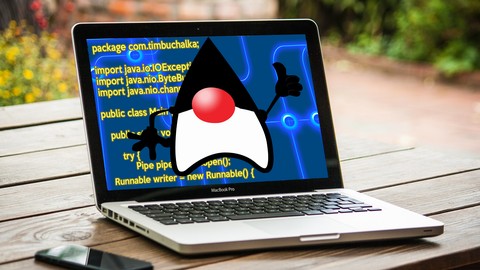


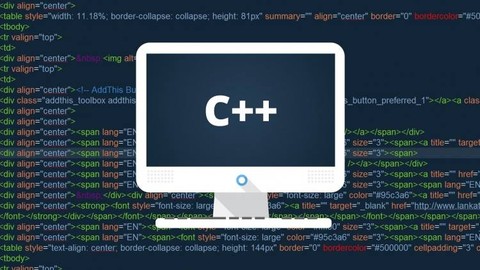
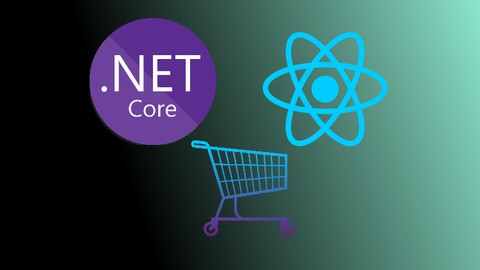

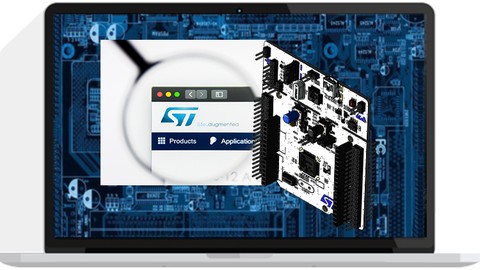
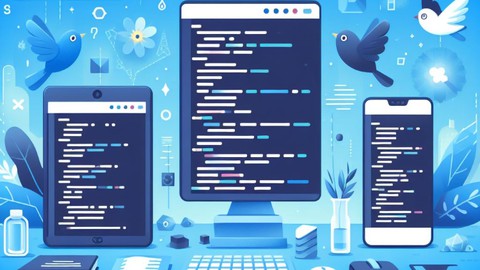
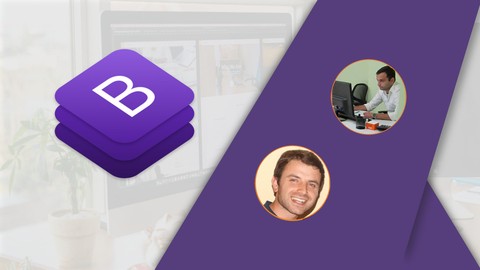
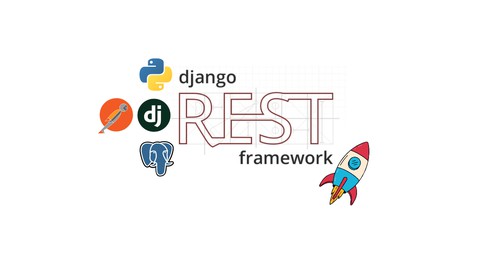
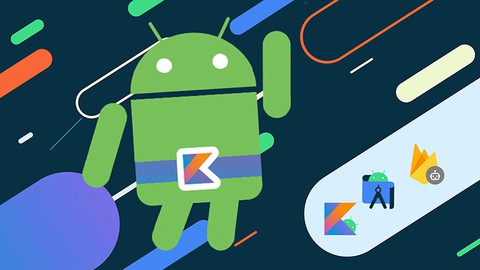
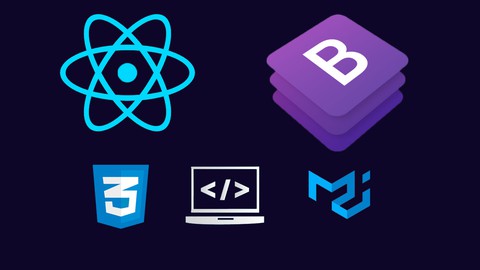
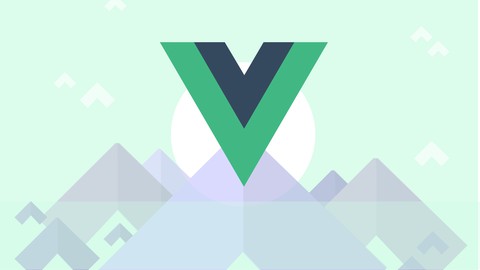
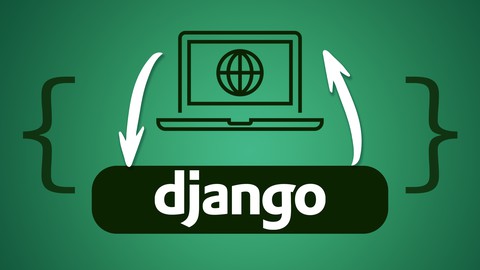
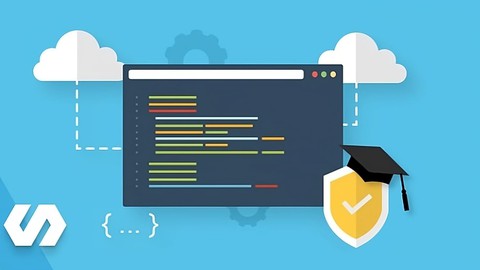
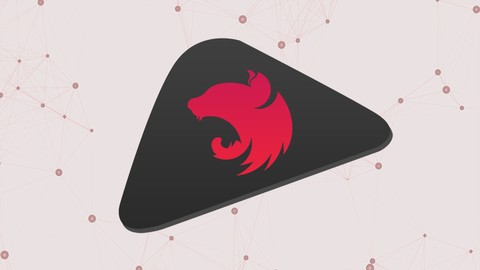
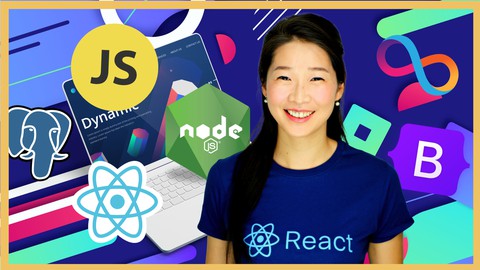
Đánh giá của học viên
Bình luận khách hàng